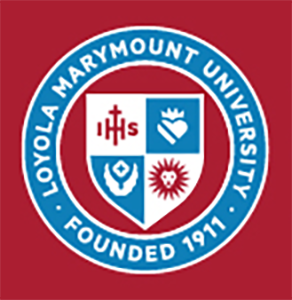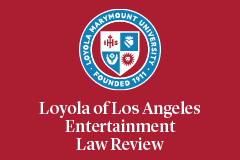Abstract
Under current Major League Baseball rules, if an amateur player is a resident of the United States, Canada, Puerto Rico or other U.S. territory, he can sign with a major league team only after being selected by the team in the annual First-Year Player Draft (or sign with any team after not being selected in a draft in which the player is eligible). However, all international players who are residents of countries other than those listed above are not eligible for the draft and are free to negotiate and sign with any team when they reach the age of sixteen or seventeen years old, depending on the player's date of birth. When applying federal (Title VII) and state national origin discrimination laws to the baseball drafting system, it is evident that all draft- eligible U.S. baseball players (as well as residents of Canada and U.S. territories) could successfully state a claim of "reverse" national origin discrimination inherent in the draft. Furthermore, the national origin discrimination claim would not be preempted by national labor law that encourages collective bargaining in sports and other industries. There have been forty-five years of baseball entry drafts in which U.S. amateurs have been treated worse than foreign players, and there would be no need for discrimination litigation if Major League Baseball were to institute a worldwide draft with uniform drafting rules around the globe.
Recommended Citation
Daniel Hauptman,
The Need for a Worldwide Draft To Level The Playing Field and Strike Out The National Origin Discrimination in Major League Baseball,
30 Loy. L.A. Ent. L. Rev. 263
(2010).
Available at: https://digitalcommons.lmu.edu/elr/vol30/iss2/2


